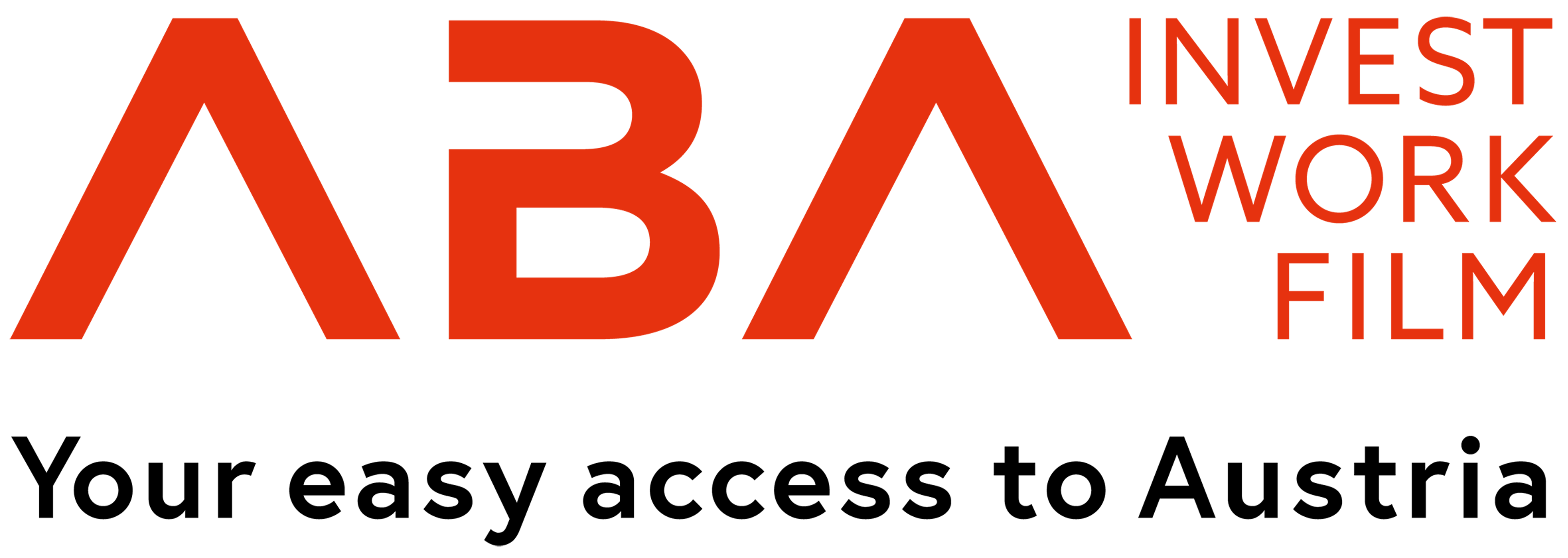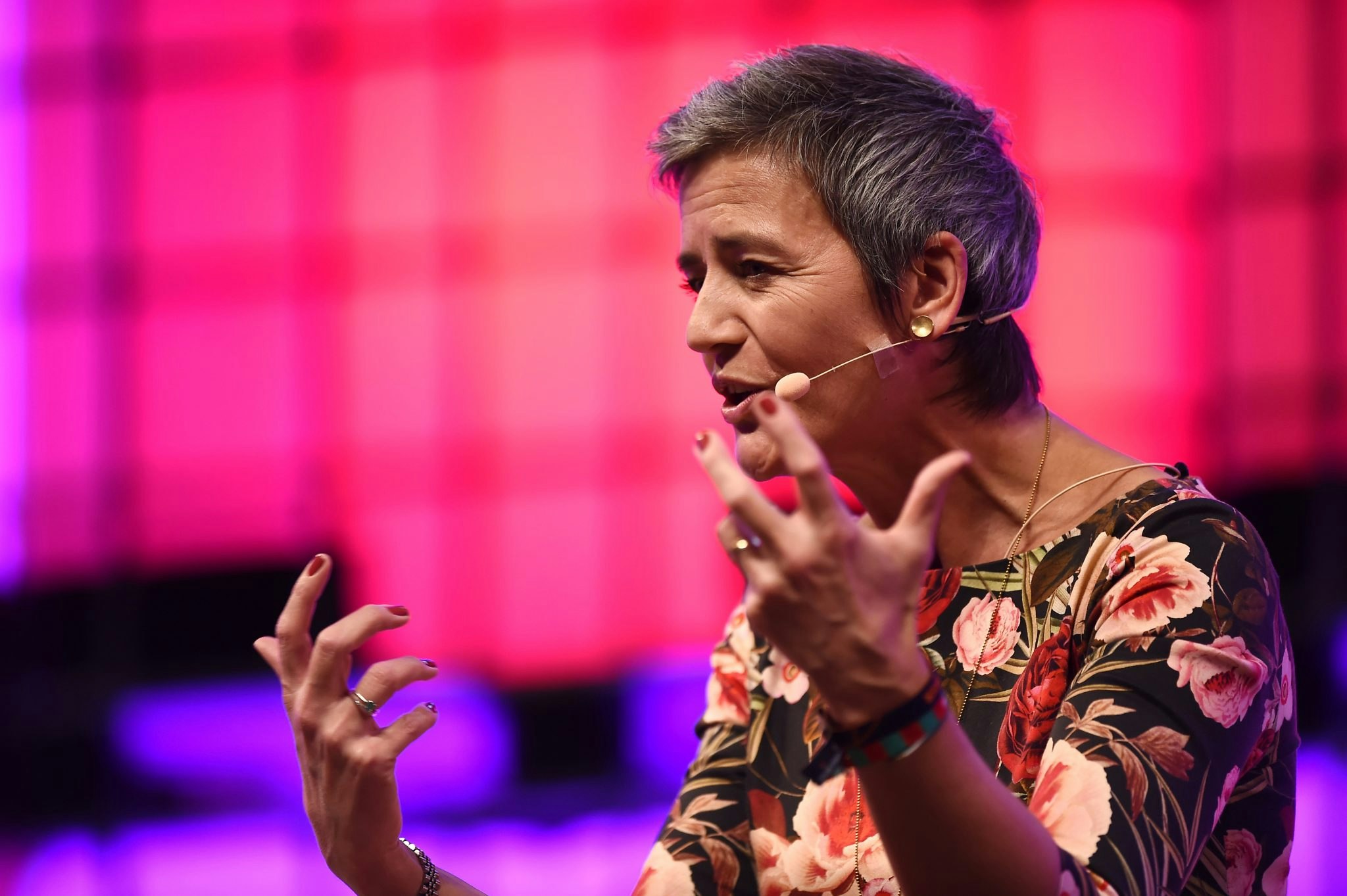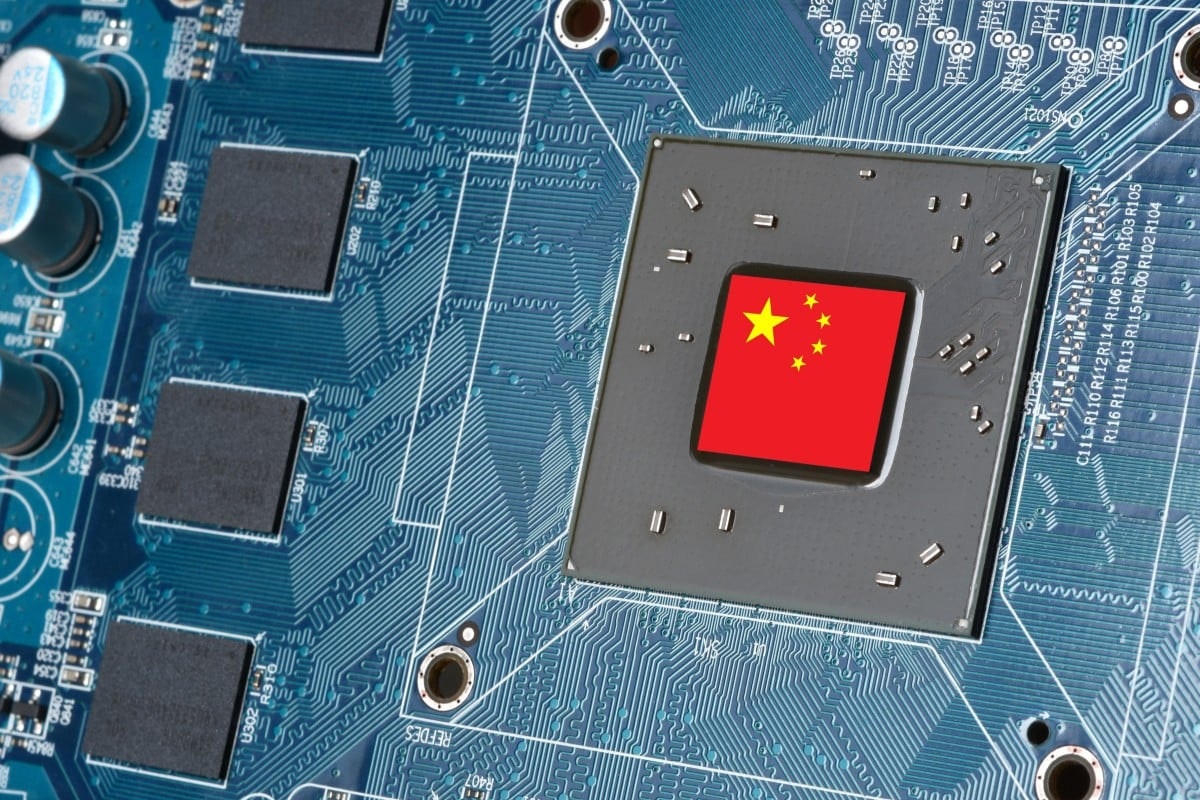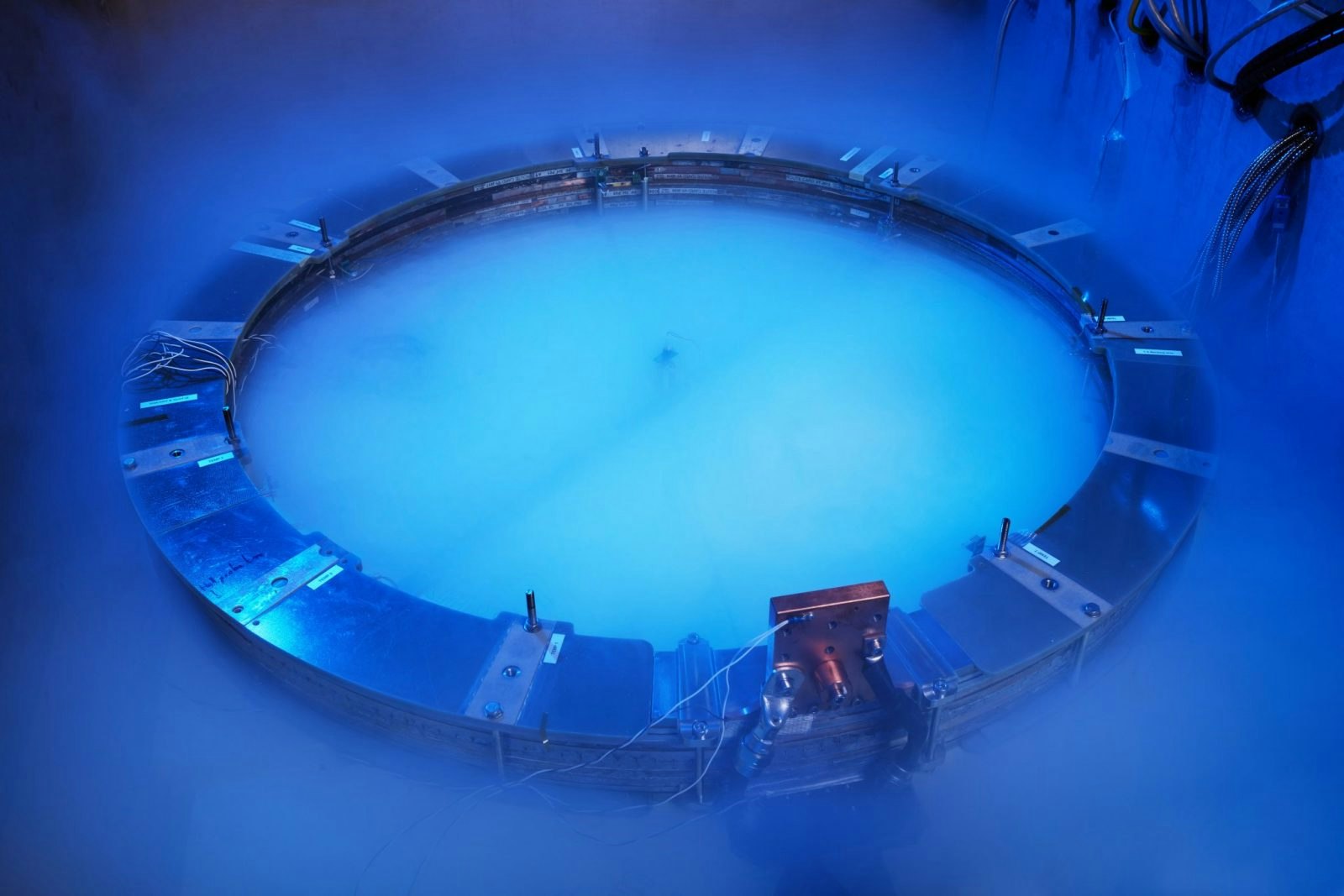Linz, Austria, might be best known for its industry, arts and music — but unbeknown to most, it has also been hiding a thriving semiconductor market for the past three decades.
“It started after two professors at Johannes Kepler University in Linz founded a semiconductor startup 25 years ago with an investment from [semiconductor manufacturers] Infineon Technologies, says Thomas Lueftner, European managing director at chip design startup United Micro Technology. “And in the 2000s, it grew to a competence centre for 3G/4G RF transceiver and radar chips.”
Nowadays, both Infineon and Apple have sizeable RF integrated circuit (a special type of circuit suitable for wireless transmission) design centres in the city and dozens of the world’s leading companies in the field are based across the country, including ams OSRAM, AT&S, NXP, IMS Nanofabrication and EV Group.
“The history means there’s a very nice ecosystem for this market. Linz has become a little bit like Silicon Valley for RF circuit design. Globally it is a real hotspot, and therefore, we decided to establish United Micro’s RF IC design centre here in Linz one year ago.” says Lueftner.
Semiconductor chips are an essential component for almost every electronic device, from phones to power stations, but also underpin future technologies such as AI and quantum computing. Ensuring the security supply of these chips is now one of the EU’s biggest objectives.
Here’s how Austria is part of the chips race, why semiconductor startups are scaling in the country and what hopes there are for the future of the industry.
Hidden champions
Michaela Laussegger, director at the Austrian Business Agency (ABA), says the semiconductor market is part of Austria’s ‘hidden champions’ economy.
Austria has hidden champions in the hundreds
“We have a lot of niche B2B companies that are either market leaders in Europe, or among the top three in the world. But because of the very specific industrial solutions that they are offering, they're not really known. Austria has hidden champions in the hundreds.”
For example, Infineon Technologies and ams OSRAM make chips themselves, but other Austrian companies are as important to the supply chain as they produce the equipment needed for the companies that build the chips.
In an analysis published last year in the FT, Austria was found to have an 82% market share in wafer bonding and a 95% market share in the manufacturing of multi-beam mask writers — without both of these, chips could not be made. The FEEI (the association which represents the interests of the Austrian electrical and electronics industry) also found Austria’s companies have a 90% world market share in security chips for passports, a 55% world market share in optical light sensors and a 25% global market share in chips for energy efficiency.
The historic chip ecosystem is supported by a strong research sector, including Silicon Austria Labs, founded in 2018 to support tech-driven entrepreneurs in Austria and owned by a consortium of the Austrian government, federal states and industry.
Heimo Mueller is head of business development at Silicon Austria Labs and agrees research plays a significant role in Austria’s attraction to chips companies.
“The universities and the research centres we have here in Austria are pretty well known.” Furthermore, he adds: “The Austrian government is very supportive, concerning financial support for these companies.”
The EU Chips Act
There are hopes that the EU Chips Act, a €43bn incentive plan to boost semiconductor manufacturing in the EU, which came into force in September 2023, will further bolster the semiconductor market in Austria.
We already work together with three big research centres in Europe and we’re going to improve this, and get stronger by working closer and in a more efficient way
One key goal of the act is to encourage more collaboration between European research hubs, and Mueller is optimistic this will be good news for the Austrian chips market.
“We’re sure the act will make it easier for companies here to grow, and research centres like ours will really benefit, because more money will be invested in research. We already work together with three big research centres in Europe and we’re going to improve this, and get stronger by working closer and in a more efficient way.”
High quality of living
As well as research capabilities, Lueftner says Austria’s high quality of living, particularly in Linz, makes it easy to persuade talent to move to the country — United Micro Technology has more than 10 nationalities represented across its 20 staff in Linz.
Quite often Austria is not on the radar of the big companies, so we are quite underrated
“It’s a very lovely city, but also very striving, so there’s a lot of things happening,” he says. “It's very technology-driven, there’s a lot of startups here across many sectors.”
Mueller adds that a comparatively low level of bureaucracy also helps, with the government striving to make it easier for companies to base themselves in the country: “If companies like Infineon are building an additional site, and expanding, they get a lot of support from the state.”
This can include anything from financial support to help looking for new sites, he says — and the help extends to startups as well.
“There are agencies like the ABA, which is owned by the state, but also local agencies for every county that supports founders to set up their company by looking for sites, by giving them advice, by looking for employees, by explaining the paperwork, and these services are free of charge,” says Mueller.
Lower living costs mean salaries — while competitive — are lower than in the US or better-known bases such as London, Paris and Amsterdam. Plus, Linz’s central location means key European destinations including Vienna, Munich and Prague are all within easy reach.
Laussegger also points to Austria’s political and social stability as a further draw. “Quite often Austria is not on the radar of the big companies, so we are quite underrated, undervalued. And everybody who comes here is like, whoa, we didn't know that. So, we live off this moment of surprise.”




